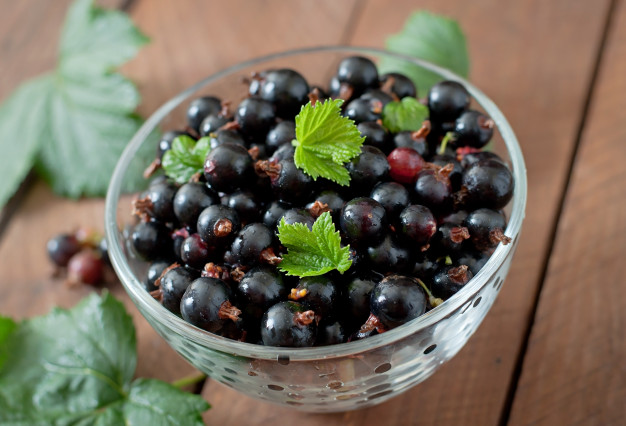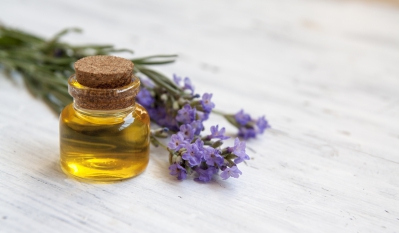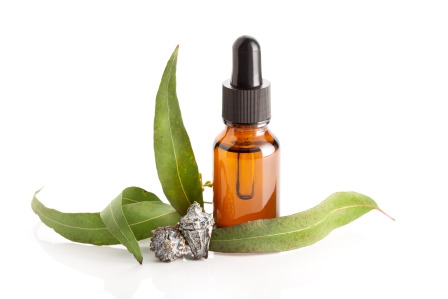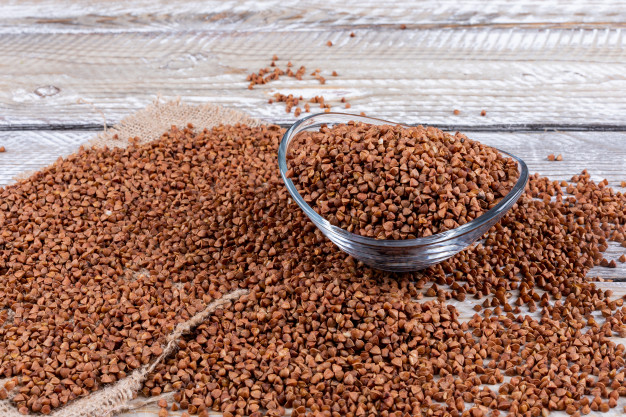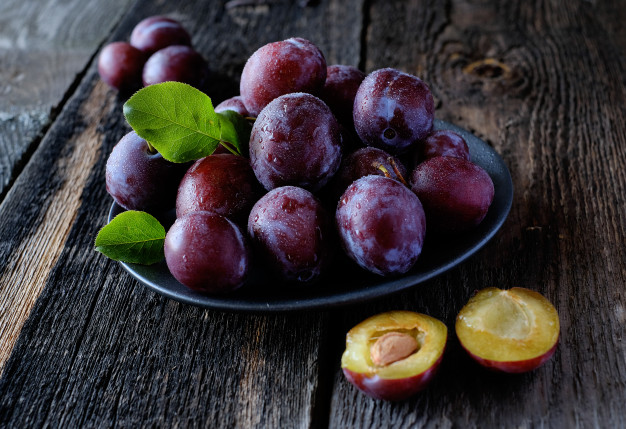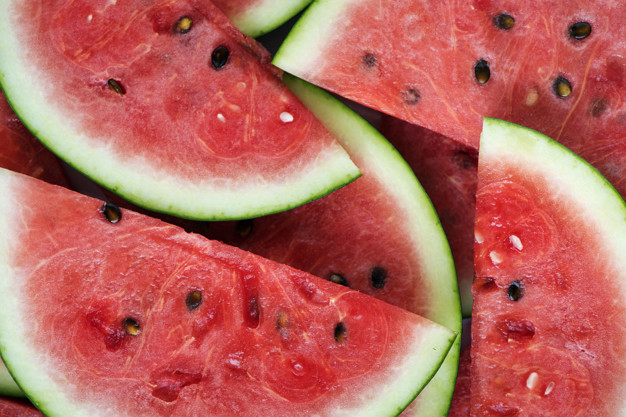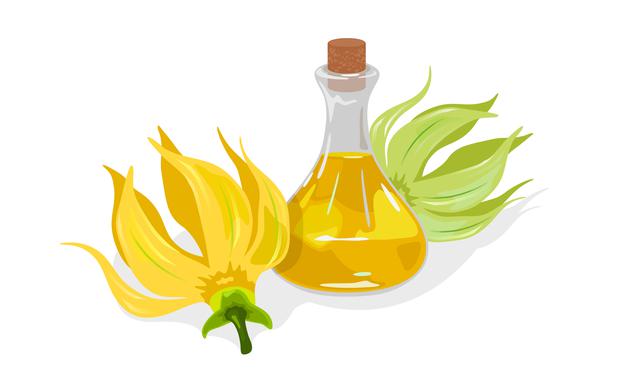Black currant is a tasty and nutrient dense berry widely used for various therapeutic and medicinal purposes.
General information regarding Black currant
- It is small berry like fruit
- It is black in colour
- It is native to Northern Asia and Central Europe
Nutritional profile
It is rich in vitamins, minerals, phytonutrients, essential oils and organic acids that exert potent nutraceutical activities
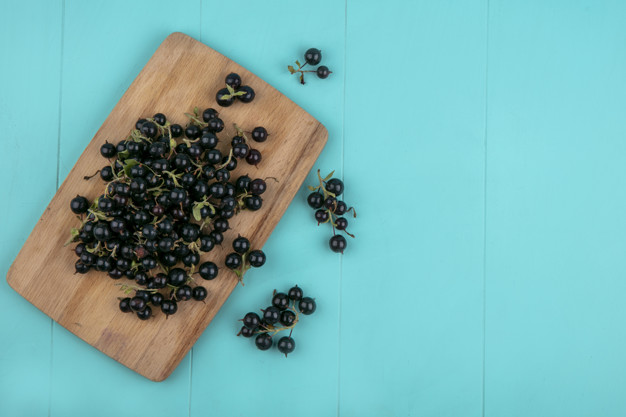
Biological activity
Antioxidant activity
- It is packed with antioxidants thus help to protect the body from free radical induced oxidative damages
- It also helps to prevent lipid peroxidation and decreases the risk of developing chronic diseases
Anti-inflammatory activity
- It contains gamma-linoleic acid, an imperative omega-6 fatty acid that exerts potent anti-inflammatory activity
- It is associated with reducing the concentration of pro-inflammatory mediators in body that helps to prevent inflammation
- It is very effective for protecting the heart, liver and kidney from inflammatory damages
- It is also very beneficial for improving the symptoms of urinary tract infection, Alzheimer’s disease, Parkinson’s disease and dementia

Anti-carcinogenic activity
- Anthocyanin component of black currant exerts anti-carcinogenic activity
- It helps to prevent cellular damages thus decreases the risk of developing certain types of cancers
- It is very effective for reducing the prevalence of liver cancer
Antimicrobial activity
- It exerts strong antimicrobial activity and inhibits microbial growth within host thus its consumption is thought to be very much useful for reducing the susceptibility of microbial infestation as well as infections
- It has seen that consumption of black currant extract is extremely helpful for preventing the growth of Influenza A viruses, which are responsible for causing fever, nasal inflammation, headache, sore throat and muscle pain
- Leaf extract of black currant contains various important components like sabinene, ocimene, caryophyllene and terpinolene that also exert antibacterial as well as antifungal properties and significantly reduce the growth of Candida albicans, Streptococcus faecalis, Trichophyton mentagrophytes, Staphylococcus aureus and Escherichia coli
Sedative activity
- It helps to provide calmness to the body that helps to prevent anxiety and stress
- It also helps prevent insomnia by promoting sleeping quality
Anti-diabetic activity
- Delphinidin 3-glucoside, cyanidin 3-rutinoside and peonidin 3-rutinoside components of black currant show strong anti-diabetic effect that help to decrease the concentration of free glucose in blood
- It helps to regulate the activity of various carbohydrate mobilizing enzymes like pancreatic α-amylase and α-glucosidase, which help to delay the breakdown of carbohydrate thus prevents glucose spike

Hypolipidemic activity
- Anthocyanin component of black currant is accountable for decreasing the level of bad cholesterol or LDL in body whereas it helps to increase the level of good cholesterol or HDL, which ultimately provides a positive impact on cardiac health
- It has seen that individuals who consume black currant or its extract show comparatively lower cholesterol level than others
- Its hypolipidemic activity plays imperative role in reducing the risk of developing metabolic syndrome
Health benefits and disease preventive role of Black Currant
Role on immunity
- Its antioxidant and micronutrient components are responsible for providing a boost to the immune system
- Its anthocyanin component also helps to improve immunological responses of the body
- It helps to improve the function of macrophages
- It has seen that regular consumption of black currant significantly improves body’s resistance power that increases the ability of the body for fight against infectious agents or diseases causing microbes thus lessen the susceptibility of developing infectious diseases
Role on digestive health

- Consumption of black currant or its extract is very beneficial for improving overall digestive health
- Its phytochemical components especially flavonoid components help in the relaxation of smooth muscle of GI tract
- Its myricetin, flavonoids and quercetin components exert antispasmodic activity thus help to prevent spasms in intestine and stomach
- Black currant leaves are widely used in folk medicine as an effective remedial action for diarrhoea
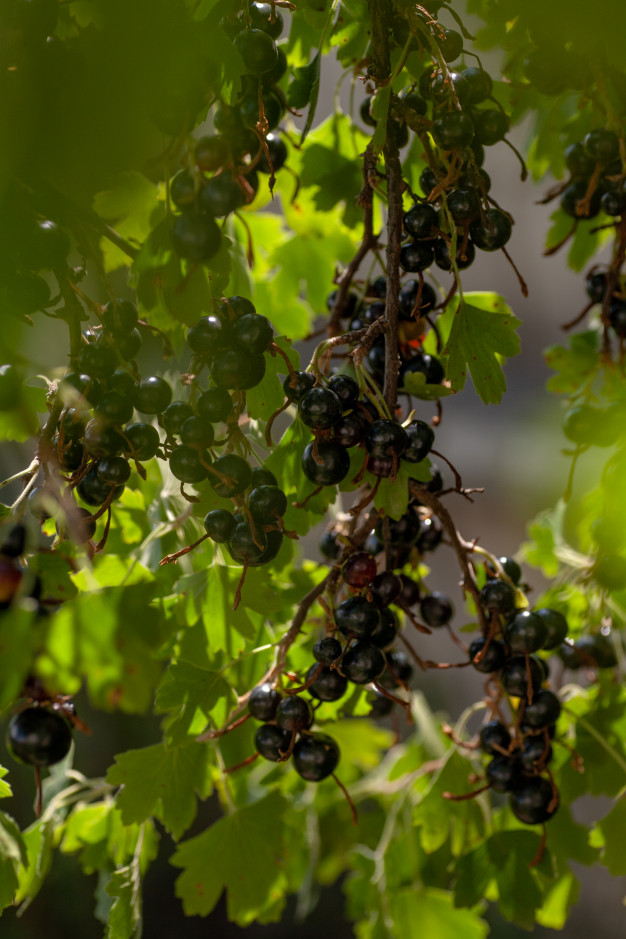
Role on nervous system
- It helps to promote the growth and functionality of central nervous system
- It helps to improve memory and cognition as well
- Its antioxidant and anti-inflammatory activities are responsible for decreasing the risk of developing various neurological disorders
Role on renal health
- Its antioxidant and anti-inflammatory activities are accountable for decreasing the prevalence of renal disorders
- It helps to protect the entire excretory system from inflammatory damages
- It helps to make the urine relatively more alkaline and promotes the excretion of excessive oxalic acid as well as citric acid from body thus significantly decreases the risk of developing kidney stones
Role on eye
- Consumption of black currant is very effective for improving eye health

- It has seen that anthocyanin component of black currant plays imperative role in promoting vision
- It is also associated with improving blood circulation to optical nerves and also enhances the functionality of optical tissues
- It also helps to prevent glaucoma
- It helps to protect the retina from oxidative damages as well
Role on skin
- Its consumption is extremely useful for promoting skin health as it plays vital role in nourishing the skin
- Seed of black currant contains linolenic acid, which plays important role in decreasing the concentration of inflammatory mediators in skin and delays the onset of inflammatory events thus utilization of black currant seed oil is very effective for keeping the skin healthy
- Its antioxidant activity is also responsible for preventing ageing and reduces the prevalence of skin disorders too by protecting the skin from oxidative damages
- It is very effective for reducing the risk of developing dry skin, redness, itching, scabs and lesions
- Its consumption is also very helpful for improving the symptoms of atopic dermatitis
Role on hepatic health
- It plays important role in promoting hepatic health
- It has seen that excessive consumption of alcohol is related with changing the structure as well as functions of hepatic cells and also modifies the structure of proteins and phospholipid present in liver cell that affect the activity of liver very adversely
- Consumption of polyphenol rich food like black currant, plays significant role in protecting the liver from above stated detrimental effects
- Its antioxidant activity is also accountable for protecting the hepatic cell from free radicals and reactive oxygen species thus reduces the risk of developing hepatic disorders

Role on cardiac health
- Its micronutrients, phytonutrients, omega-6-fatty acid component, antioxidant activity and anti-inflammatory activity are accountable for exerting cardio protective effects
- It helps to improve cardiac functionality as well
- It significantly reduces the prevalence of atherosclerosis, coronary artery disease, stroke, hypertension and myocardial infraction
Culinary uses
- It can be cooked with other fruits and sugar for preparing jam
- It can also be used for preparing fruit pie or muffins or breads
- It can be simply consumed as juice
- It can be also used for preparing ice cream
General consideration of using Black Currant
- Fresh black currant can be consumed or it can also be consumed in dried form
- Consumption of raw black currant tastes relatively more delicious than ripe black currant
- It spoils more quickly thus it is better to keep it in refrigerator for enhancing its self life
Risk factors

It has seen that excessive consumption of black currant supplements are related with interfering with normal blood clotting mechanism thus individuals who suffer from bleeding disorders should consult with health experts before consuming it.
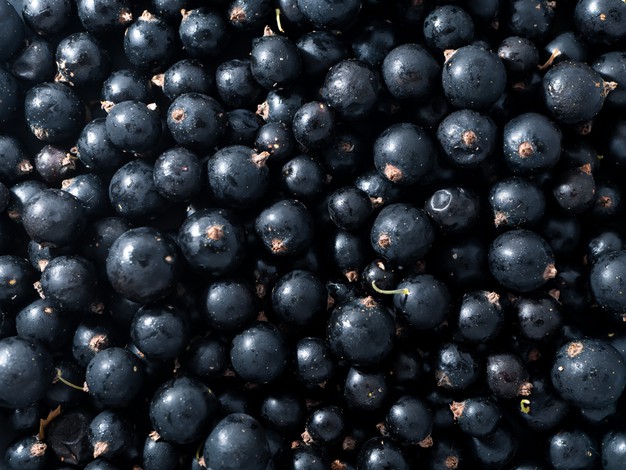
Source:
Allai, F.M., Azad, Z.R., Gul, K., Dar, B.N., Jabeen, A. and Majid, D., 2020. Black Currant. In Antioxidants in Fruits: Properties and Health Benefits (pp. 271-293). Springer, Singapore.
Bishayee, A., Háznagy-Radnai, E., Mbimba, T., Sipos, P., Morazzoni, P., Darvesh, A.S., Bhatia, D. and Hohmann, J., 2010. Anthocyanin-rich black currant extract suppresses the growth of human hepatocellular carcinoma cells. Natural product communications, 5(10), p.1934578X1000501020.
Desjardins, J., Tanabe, S., Bergeron, C., Gafner, S. and Grenier, D., 2012. Anthocyanin-rich black currant extract and cyanidin-3-O-glucoside have cytoprotective and anti-inflammatory properties. Journal of medicinal food, 15(12), pp.1045-1050.
Karjalainen, R., Anttonen, M., Saviranta, N., Stewart, D., McDougall, G.J., Hilz, H., Mattila, P. and Törrönen, R., 2008, September. A review on bioactive compounds in black currants (Ribes nigrum L.) and their potential health-promoting properties. In I International Symposium on Biotechnology of Fruit Species: BIOTECHFRUIT2008 839 (pp. 301-307).
Vagiri, M., Ekholm, A., Andersson, S.C., Johansson, E. and Rumpunen, K., 2012. An optimized method for analysis of phenolic compounds in buds, leaves, and fruits of black currant (Ribes nigrum L.). Journal of agricultural and food chemistry, 60(42), pp.10501-10510.
Vagiri, M.R., 2012. Black currant (Ribes nigrum L.)-an insight into the crop.
